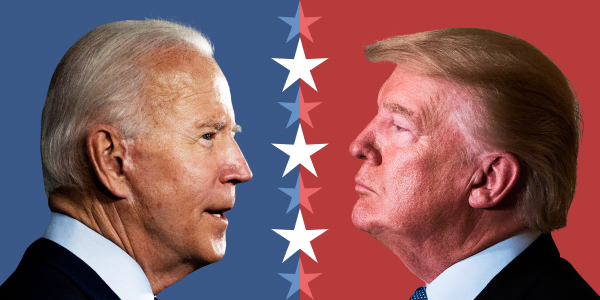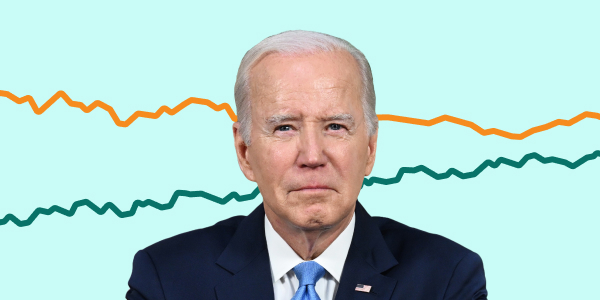Nebraska governor: No plans for special session on winner-take-all electoral system
By Caroline Vakil - 9/24/24, 1:46 PM EDT

Nebraska Gov. Jim Pillen (R) said Tuesday he would not be calling a special session for lawmakers to consider changing the state’s electoral system to a winner-take-all one after a key GOP lawmaker rejected a bid to flip his vote.
“My team and I have worked relentlessly to secure a filibuster-proof 33-vote majority to get winner-take-all passed before the November election," Pillen said in a statement. "Given everything at stake for Nebraska and our country, we have left every inch on the field to get this done."
The Nebraska Republican singled out state Sen. Mike McDonnell — a Democrat-turned-Republican — who announced Monday that he would not be changing his mind about updating the state’s electoral system. The governor noted he didn’t have the needed votes to overcome a filibuster over such a move.
“Senator Mike McDonnell of Omaha has confirmed he is unwilling to vote for winner-takes-it-all before the 2024 election," Pillen wrote. "That is profoundly disappointing to me and the many others who have worked so earnestly to ensure all Nebraskans’ votes are sought after equally this election."
“Based on the lack of 33 votes, I have no plans to call a special session on this issue prior to the 2024 election," he added. "I am grateful to the many Nebraskans who made their voices heard during this process."
National and local Republicans alike in recent days had renewed a push to change Nebraska to a winner-take-all system.
The Cornhusker State awards five electoral votes in total, three of which are based on candidates’ performance in each congressional district, offering one vote per district. Nebraska then awards two votes to whichever candidate wins the state.
Republicans had been looking to siphon a potential vote away from Democrats in the 2nd Congressional District, which has given Democratic presidential candidates an electoral vote several times.
In a possible scenario where Vice President Harris wins only the battleground states of Pennsylvania, Michigan and Wisconsin, she would arrive at 269 votes — meaning winning the 2nd Congressional District in Nebraska could put her at 270 votes.
But McDonnell reaffirmed in a statement Monday that he was still against a move, leaving Republicans without the 33 votes needed to overcome a filibuster.
“I respect the desire of some of my colleagues to have this discussion, and I have taken time to listen carefully to Nebraskans and national leaders on both sides of the issue," McDonnell said. After deep consideration, it is clear to me that right now, 43 days from Election Day, is not the moment to make this change."
The move was also criticized by former President Trump, who had advocated for the move, saying on his Truth Social platform: “Unfortunately, a Democrat turned Republican(?) State Senator named Mike McDonnell decided, for no reason whatsoever, to get in the way of a great Republican, common sense, victory. Just another ‘Grandstander!’”


















